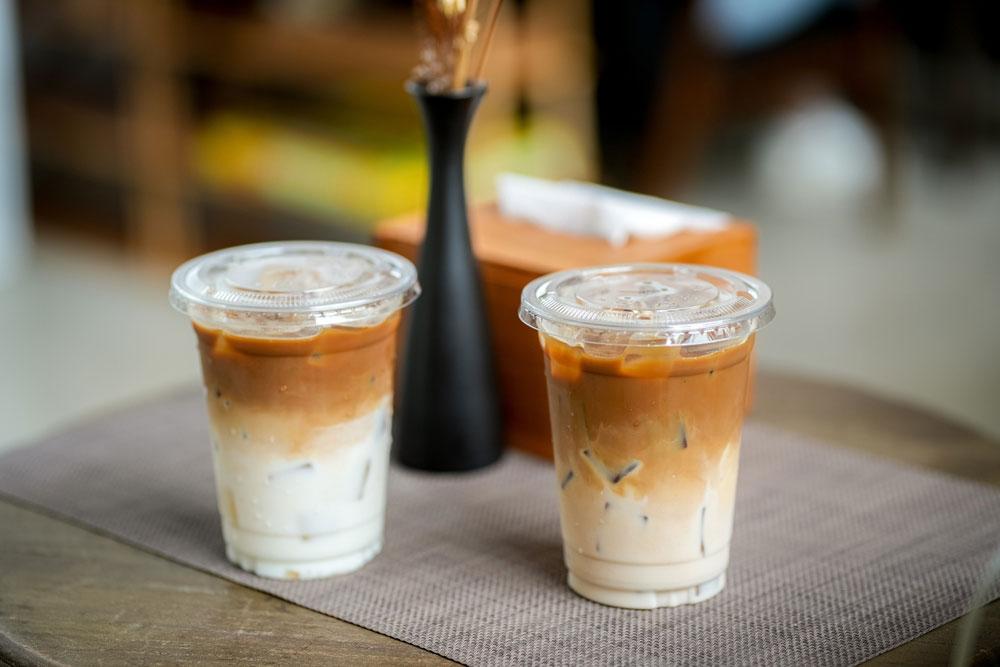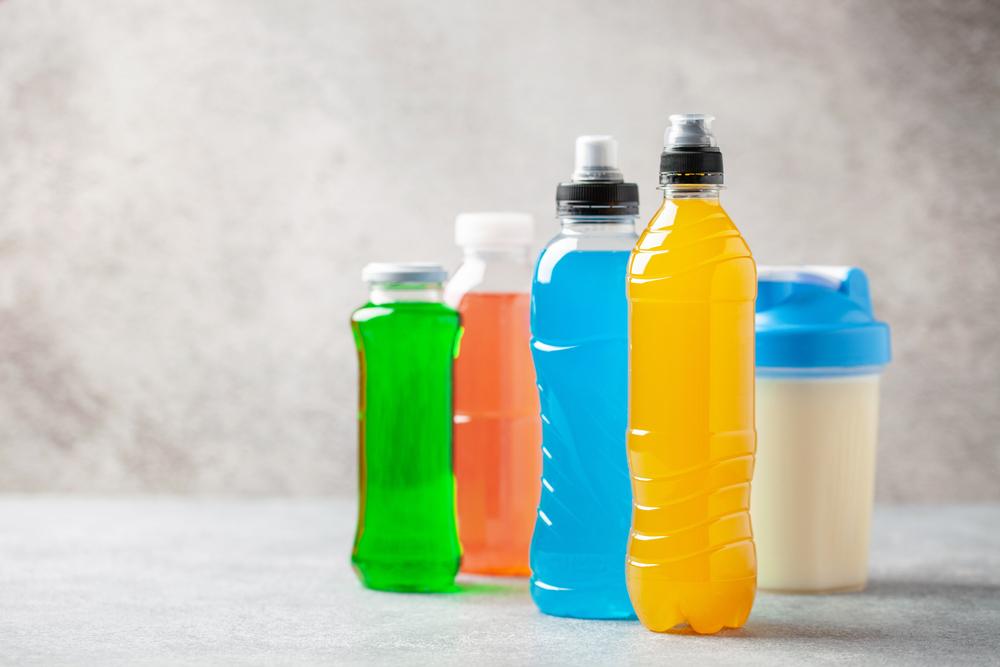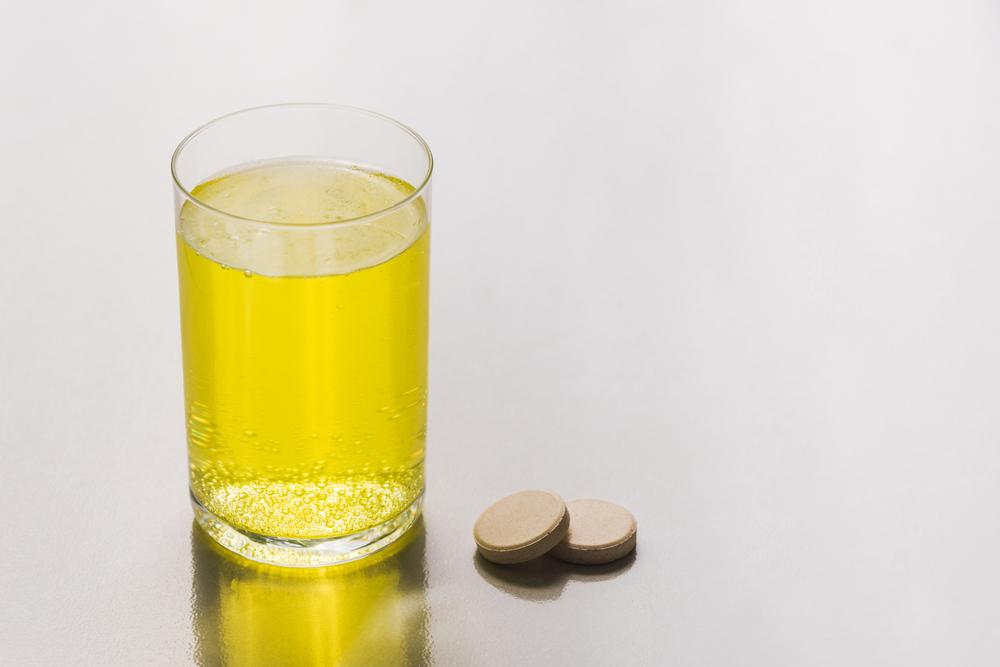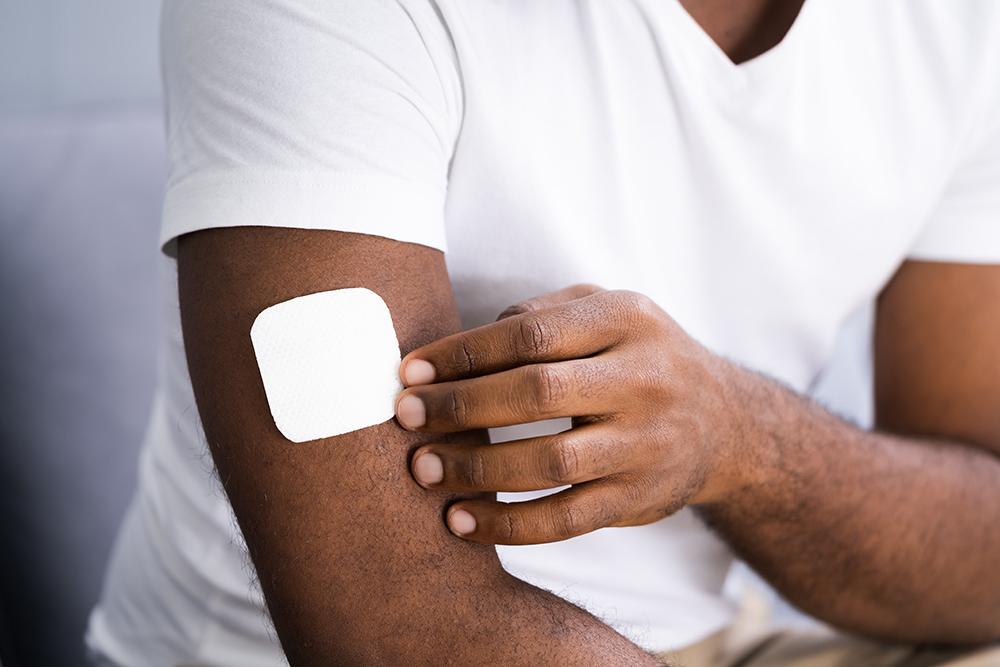As an athlete, sports nutrition and hydration can get incredibly confusing. Are you supposed to be drinking plain water, or sipping a sports drink, or chugging a protein shake? Do you really need electrolytes…and if so, which electrolytes matter most? Unfortunately, the answers to sports nutrition questions tend to be nuanced, and change depending on the style and duration of your practice or game, as well as factors like temperature.
 Here, TrueSport Expert Kristen Ziesmer, a registered dietitian and board-certified specialist in sports dietetics, is explaining exactly when sports drinks are the best choice during practices and competitions—and when they aren’t as helpful.
Here, TrueSport Expert Kristen Ziesmer, a registered dietitian and board-certified specialist in sports dietetics, is explaining exactly when sports drinks are the best choice during practices and competitions—and when they aren’t as helpful.
First, a word on sports drinks in general: When we talk about sports drinks, we’re not talking about caffeine-containing energy drinks, which aren’t healthy for athletes. Sports drinks have carbohydrates and critical electrolytes, including sodium and potassium. If you prefer a homemade approach to sports drinks, check out our simple recipe here.
So, when should you be sipping a sports drink rather than water?
1. Pre-practice
While you don’t need a sports drink before every practice or game, if you haven’t eaten in a few hours, a few sips of sports drink can help provide the fuel and hydration you need to show up at practice with full energy. “A sports drink is ideal when you need something that will sit light in your stomach while providing quick digesting carbohydrates along with hydration,” says Ziesmer. For students who have early lunch times at school and don’t have the ability to eat an afternoon snack, a sports drink can be incredibly useful.
2. Hard efforts
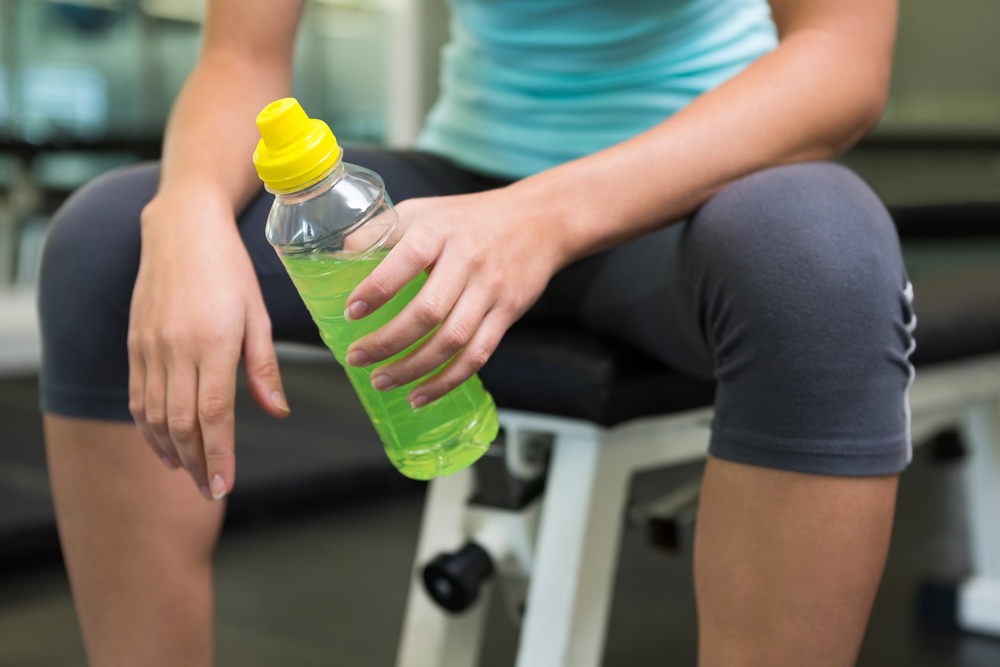 If your practice or game day includes a lot of hard efforts, sipping on sports drinks throughout will help keep your energy levels steady while also keeping you hydrated. That means sipping a sports drink between sprints, intervals, or breaks in any game like soccer that involves explosive movements. You don’t need to chug an entire bottle of sports drink all at once, though, says Ziesmer. A few sips at a time will be plenty, and drinking too much, too fast can result in an unpleasant sloshing sensation during your next interval.
If your practice or game day includes a lot of hard efforts, sipping on sports drinks throughout will help keep your energy levels steady while also keeping you hydrated. That means sipping a sports drink between sprints, intervals, or breaks in any game like soccer that involves explosive movements. You don’t need to chug an entire bottle of sports drink all at once, though, says Ziesmer. A few sips at a time will be plenty, and drinking too much, too fast can result in an unpleasant sloshing sensation during your next interval.
3. Long efforts
For long efforts, like a cross-country practice that runs over 45 minutes, sipping a sports drink throughout will help maintain proper electrolyte balance, which will help you potentially avoid things like cramping in addition to fatigue and loss of coordination that come from mild dehydration. The carbohydrate in sports drinks also helps refill your glycogen stores, which rapidly deplete during these longer, more sustained efforts. Again, you don’t want to chug 16 ounces of sports drink in a single drink break: Slow and steady sipping will be more helpful throughout practice.
4. Hot practices
In extreme heat or humidity,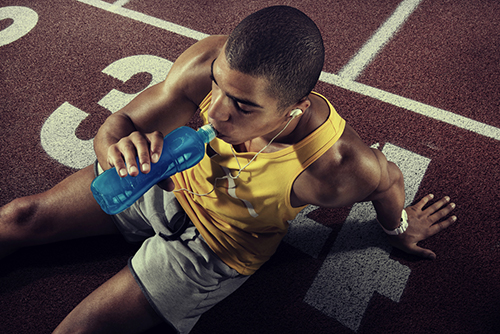 even an easy, short practice can dehydrate athletes. If you’re sweating a lot during practice, that means your body is shedding water and electrolytes, and working harder than it usually does. Electrolytes, including sodium, are expelled as you sweat, and if your body gets out of balance, drinking too much plain water rather than replenishing with an electrolyte-infused sports drink can actually be dangerous. A sports drink is important to help replenish both your electrolyte and water stores, says Ziesmer. She recommends sipping on a sports drink before practice and replacing water with a sports drink during practice.
even an easy, short practice can dehydrate athletes. If you’re sweating a lot during practice, that means your body is shedding water and electrolytes, and working harder than it usually does. Electrolytes, including sodium, are expelled as you sweat, and if your body gets out of balance, drinking too much plain water rather than replenishing with an electrolyte-infused sports drink can actually be dangerous. A sports drink is important to help replenish both your electrolyte and water stores, says Ziesmer. She recommends sipping on a sports drink before practice and replacing water with a sports drink during practice.
5. Tournament situations
If you’re in a tournament or competition where there are multiple rounds within a few hours, sipping a sports drink throughout the day may be the best way to continue to ensure that you’re hydrated and that your fuel stores are topped off without making you feel like there’s a lot of food sitting in your stomach. Many athletes also feel nervous or slightly nauseous on days like this, says Ziesmer, so a sports drink can be the ideal alternative to snacking—though feel free to snack if your gut isn’t bothered by regular foods!
When to skip sports drinks
If your practice isn’t very long or hard, a few sips of regular water during practice and a snack or meal in the hour after practice is all that you need to stay balanced. For hot or long practices, you may prefer to drink plain water and snack on something salty, like pretzels, if you don’t like sports drinks.
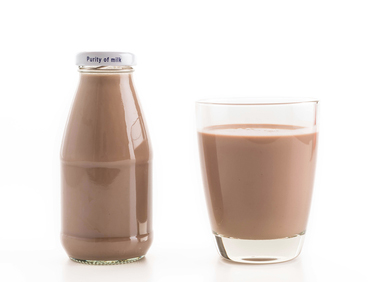 Strength training is another time when you likely don’t need a sports drink during the session (unless there’s a cardio component and you’re sweating profusely and boosting your heart rate frequently). You also don’t need to guzzle a sports drink after you’ve already finished your practice. Post-workout, your body needs to rehydrate, but it also needs protein in addition to carbohydrates. You’d be better served by having a chocolate milk, which contains protein, carbs, and water. Eating a regular meal within an hour of practice—along with drinking plenty of water—is typically going to provide you with the carbohydrates, protein, and electrolytes that your body needs to boost its recovery process. If your athlete is a very salty sweater (has salt caked on them afterwards) or had a practice in a very hot and humid environment, then add an extra pinch of salt to their post-workout meal/snack.
Strength training is another time when you likely don’t need a sports drink during the session (unless there’s a cardio component and you’re sweating profusely and boosting your heart rate frequently). You also don’t need to guzzle a sports drink after you’ve already finished your practice. Post-workout, your body needs to rehydrate, but it also needs protein in addition to carbohydrates. You’d be better served by having a chocolate milk, which contains protein, carbs, and water. Eating a regular meal within an hour of practice—along with drinking plenty of water—is typically going to provide you with the carbohydrates, protein, and electrolytes that your body needs to boost its recovery process. If your athlete is a very salty sweater (has salt caked on them afterwards) or had a practice in a very hot and humid environment, then add an extra pinch of salt to their post-workout meal/snack.
__________________________
Takeaway
Anytime you’re putting in a higher-than-normal effort (in terms of time or intensity), or you’re sweating a lot, a sports drink is the best way to replenish critical electrolyte stores and rehydrate you, while providing a small amount of fuel to help you better absorb the water and boost workout performance. And remember: Your health is important, so don’t be afraid to ask for time to rehydrate during practices or games!
